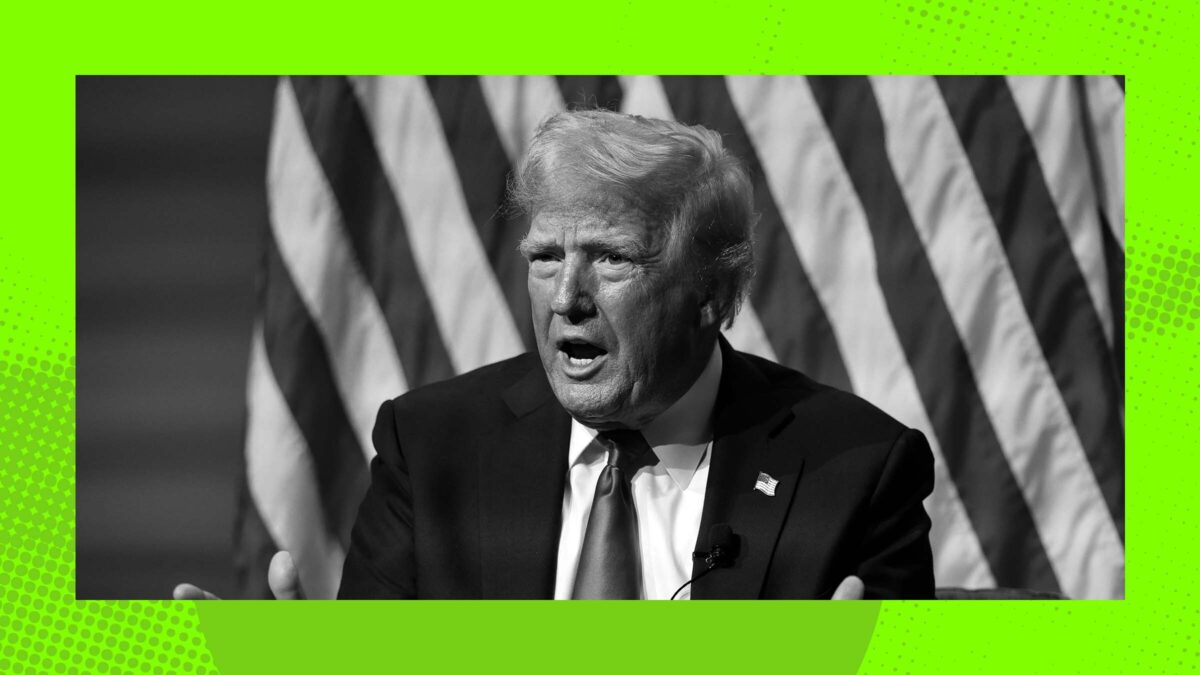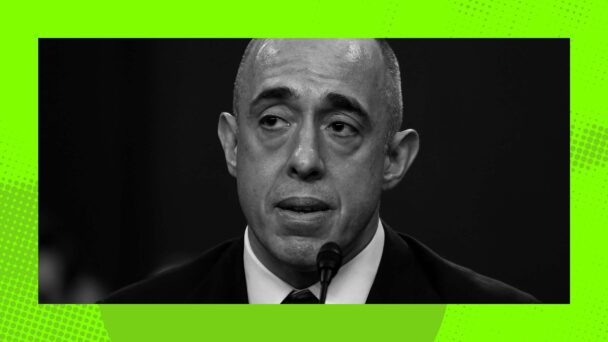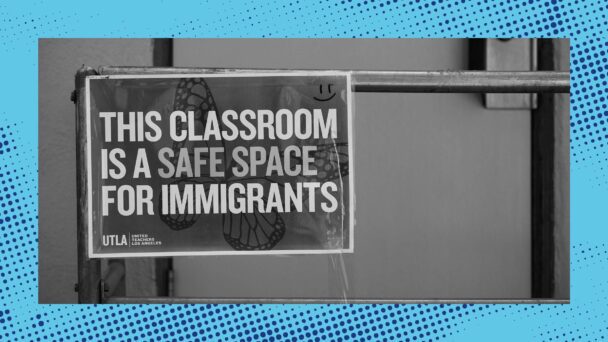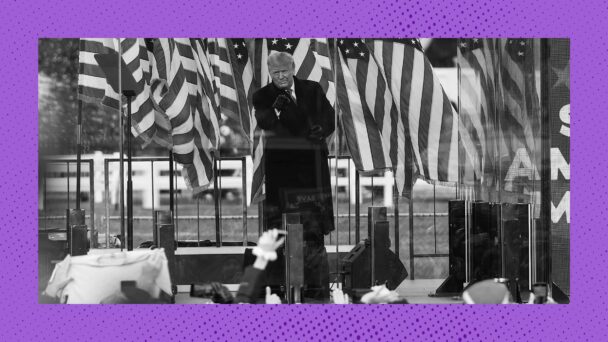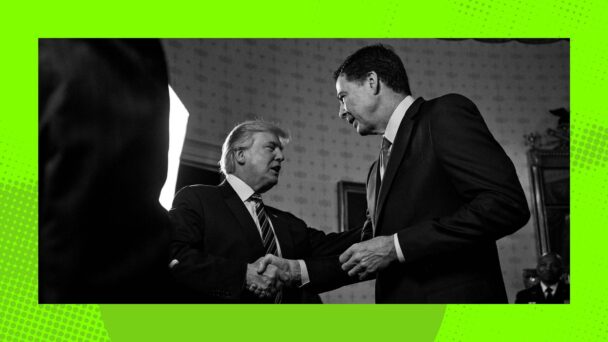Generally, a common-law principle known as sovereign immunity prevents the federal government from being sued, unless the government chooses to waive that privilege. In 1946, Congress laid out a few exceptions to this rule by passing the Federal Tort Claims Act, which allows people allegedly injured by the government to sue “in the same manner and to the same extent” as they would be able to sue anyone else. But first, the law requires any would-be plaintiff to file an administrative claim with the relevant agency, outlining their legal case and making a formal request for money damages. The idea here is to give the government plenty of time and space to negotiate a settlement before it has to face a jury in federal court.
I am telling you all this because right now, President Donald Trump’s minions at the Justice Department are deciding how to resolve a pair of Federal Tort Claims Act filings from Trump himself, who argues that the department egregiously and repeatedly wronged him during the course of its prior investigations into his allegedly criminal conduct. In his filings, Trump says that he was forced to spend tens of millions of dollars to defend himself, and demands that the Justice Department pay him, personally, close to a quarter-billion dollars to make things right.
Trump’s claims stem from several different legal proceedings: the FBI’s investigation into his alleged involvement in Russian election interference, the FBI’s 2022 raid of Mar-a-Lago, and the Justice Department’s subsequent prosecution of Trump for illegally retaining classified documents. His basic contentions are that investigators violated his right to privacy under Florida law by searching his home without consent, and that the Biden administration targeted him with sham prosecutions that lacked any constitutional basis. To support this proposition, Trump’s lawyers cite the Supreme Court’s 2024 decision in Trump v. United States, arguing that then-Attorney General Merrick Garland “should have foreseen” in 2023 that the justices would decide that presidents enjoy “immunity from prosecution for official acts.”
In total, Trump has asked for around $230 million in compensation. In public, he has said that he plans to donate any settlement money he receives to charity. But according to The New York Times, he fully “expects” the Justice Department to cut that check. And as Greg Sargent explains at The New Republic, if and when the Justice Department pays up, it could be months before that information becomes public.

President Donald Trump speaks alongside Deputy Attorney General Todd Blanche, Attorney General Pam Bondi, and FBI Director Kash Patel, October 2025 (Photo by Kevin Dietsch/Getty Images)
Chief among the reasons Trump is so confident in his eventual success is the fact that Justice Department leadership is composed almost exclusively of people who are MAGA dead-enders, his former personal attorneys, or some combination thereof. The two Justice Department officials with the authority to sign off on nine-figure settlements are Deputy Attorney General Todd Blanche, who represented Trump in his illegal hush money trial in New York, and Associate Attorney General Stanley Woodward, who represented a Trump aide implicated in the classified documents case. What this means is that the same people who defended Trump and his allies at their criminal trials will soon have the privilege of determining whether he gets to collect hundreds of millions of taxpayer dollars for his troubles.
Blanche and Woodward are just two of many people within the Justice Department whose primary qualifications for government service are a track record of zealously defending Trump’s interests in court, and treating his grievances as theirs to avenge. Pam Bondi, who served on Trump’s impeachment defense team and tirelessly pushed his stolen-election conspiracy theories after the 2020 election, is now his Attorney General. D. John Sauer, who represented Trump in the presidential immunity case, is his Solicitor General. Emil Bove, who was second chair to Blanche in Trump’s New York case, briefly worked in Justice Department leadership earlier this year before his extremely powerful former client repaid his loyalty with yet another promotion—this time, to a life-tenured seat on the Third Circuit.
It will probably not shock you to learn that some beneficiaries of this spoils system are happily waging the same sort of partisan lawfare about which Trump is complaining. Lindsey Halligan, a former Trump lawyer who has apparently never bothered to Google “off the record,” is now a federal prosecutor in Virginia, where she is trying to settle her boss’s decade-old grudge against former FBI Director Jim Comey. In March, Trump elevated another former member of his legal team, Alina Habba, to an acting federal prosecutor role in New Jersey, where she promptly launched investigations into several state Democratic officials. Habba’s appointment is now tied up in court, but given that this role is her big chance to audition for even more prestigious gigs down the road, she is of course fighting like hell to keep it.
For decades, lawyers from Democratic and Republican administrations alike have touted the virtues of an “independent” Justice Department—a reference to the idea that the people who make enforcement decisions can and should do so without regard to the political agenda of the president who appointed them. To the extent that this was ever descriptively accurate, it is not anymore, because the toadies who occupy these positions of power share a common understanding of what the law is: not a self-enforcing set of rules, but a tool subject to manipulation by whoever controls it. The result is a status quo in which Trump loyalists in the executive branch are applying case law decided by Trump loyalists in the judicial branch, working together to punish his enemies, make him some money, or, ideally, both.
